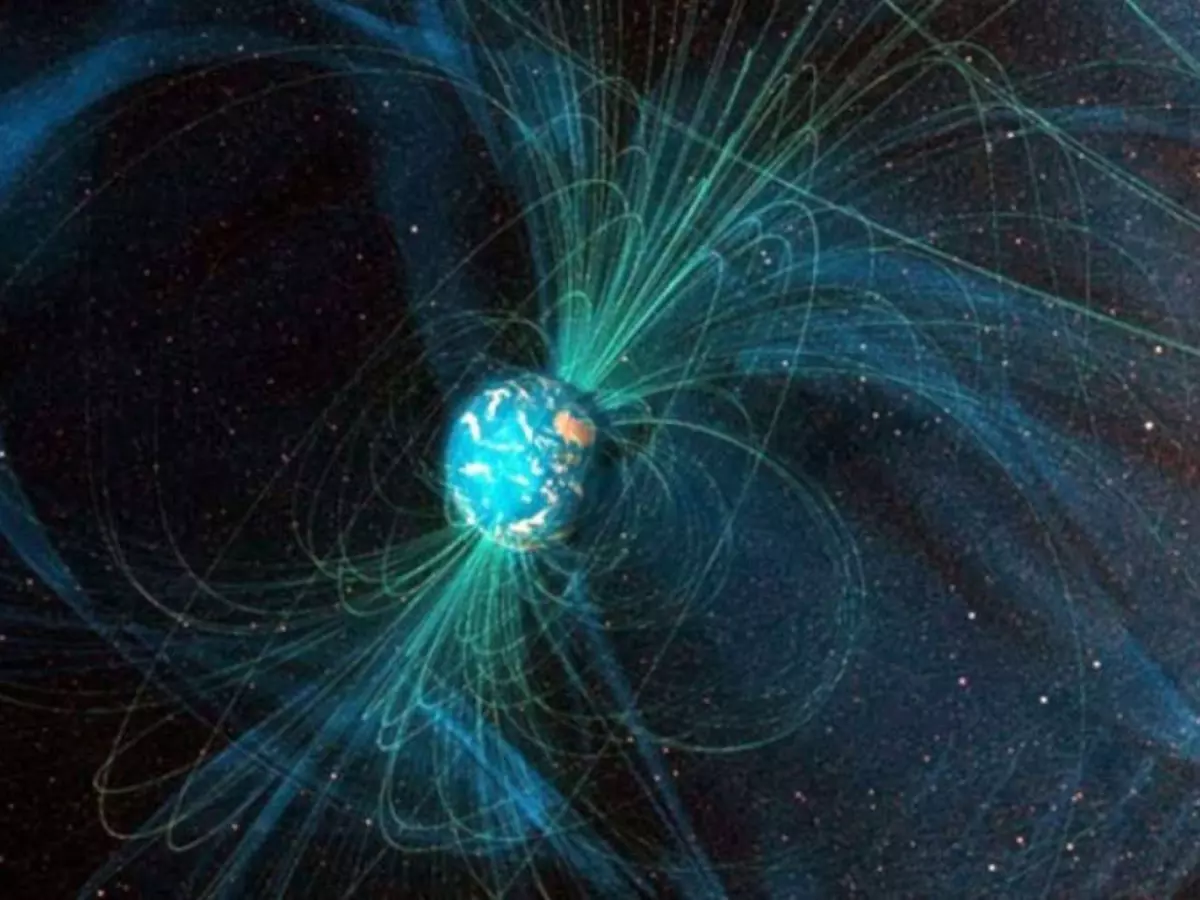Earth's Second Moon Will Make Closest Approaches In Dec, Feb But You Might Not See It In The Sky
Earth is set to have a visitor from outer space that will act as a mini-moon to our planet for several months. The near-earth object has been named Asteroid 2020 SO It is currently on a trajectory to Earth and is likely to enter the Earths orbit around the middle of October. Asteroids following this pattern are referred to as mini-moons Asteroid2020 SO however might not fall in that category being made by humans and not having natural origins.

Earth is set to have a visitor from outer space that will act as a mini-moon to our planet for several months. While such mini-moons are not uncommon for the planet, this one seems to be a bit peculiar. This one seems to be human made.
Discovered by the Pan-STARRS1 survey at the Haleakala Observatory earlier this month, the near-earth object has been named Asteroid 2020 SO. It is currently on a trajectory to Earth and is likely to enter the Earth¡¯s orbit around the middle of October.
The Asteroid 2020 SO will enter and exit the Earth¡¯s orbit through Lagrange point L2 and L1 respectively. For those unaware, lagrange points are gravitationally balanced points between two celestial bodies, in this case - Sun and Earth.
 View of Earth from Moon (Image: NASA)
View of Earth from Moon (Image: NASA)
Once it enters the Earth¡¯s orbit, Asteroid 2020 SO will follow a geocentric orbit around Earth till May next year, before leaving the planet¡¯s orbit and proceeding to outer space. Asteroids following this pattern are referred to as mini-moons. Asteroid 2020 SO, however, might not fall in that category, being made by humans and not having natural origins.
So what is it?
Paul Chodas of the Jet Propulsion Laboratory sheds light on the possible origins of the space object approaching Earth. Chodas observed the Earth-like orbit as well as the low velocity of the object and came to the conclusion that it possibly is an artificial object.
Once this was established, Chodas started tracing the origins of the object. Linking it back to the earlier lunar missions, Chodas suspects 2020 SO to be the Surveyor 2 Centaur rocket booster, which was launched on 20 September 1966.
Will it be visible?
 Representative Image
Representative Image
Believed to be a long-lost rocket booster, the 2020 SO is estimated to have a size between 20 and 45 feet (6 to 14 meters). At this size, it will be next to impossible to spot the object in the night skies through naked eyes.
It will, however, come close to Earth on two different occasions. It is expected to brighten to an apparent magnitude of about 14.1. If so, it would require a telescope with roughly a 15 cm (6 inch) objective lens to see visually.
Closest approach
The two closest approaches to Earth mentioned above will take place on December 1, 2020 and in February next year. During the former, the 2020 SO will pass by Earth at a distance of around 50,000 km (31,000 miles).
The February encounter will be a bit distant in comparison. At this time, the object will travel by Earth at a distance of 220,000 km (140,000 miles).
Using the right telescope on or close to these days, space enthusiasts will be able to spot the Asteroid 2020 SO. Once you do, make sure to click a snap of it to remember that the Earth does not have the Moon as its one and only friend in space.
